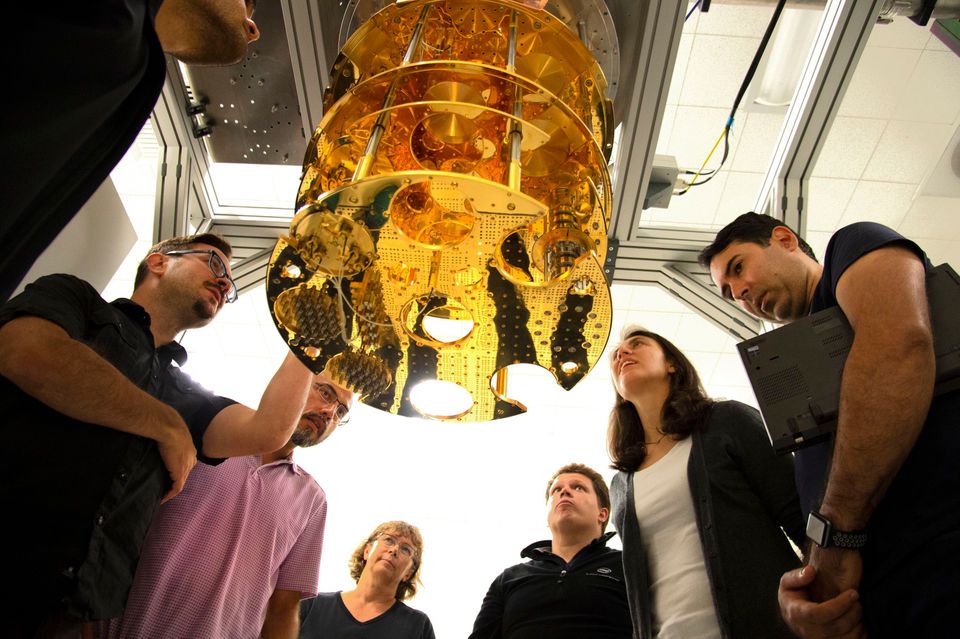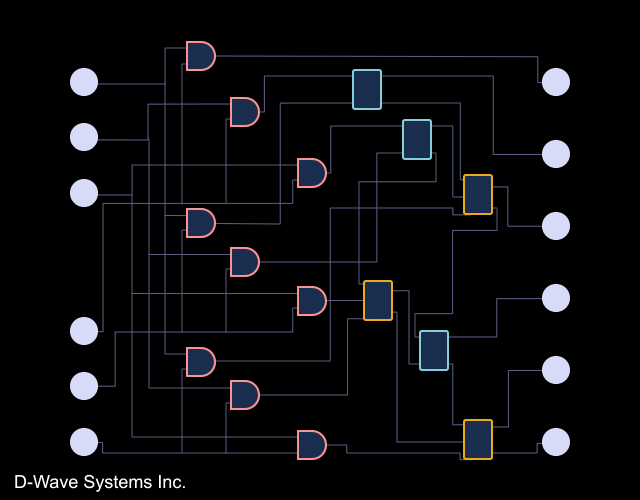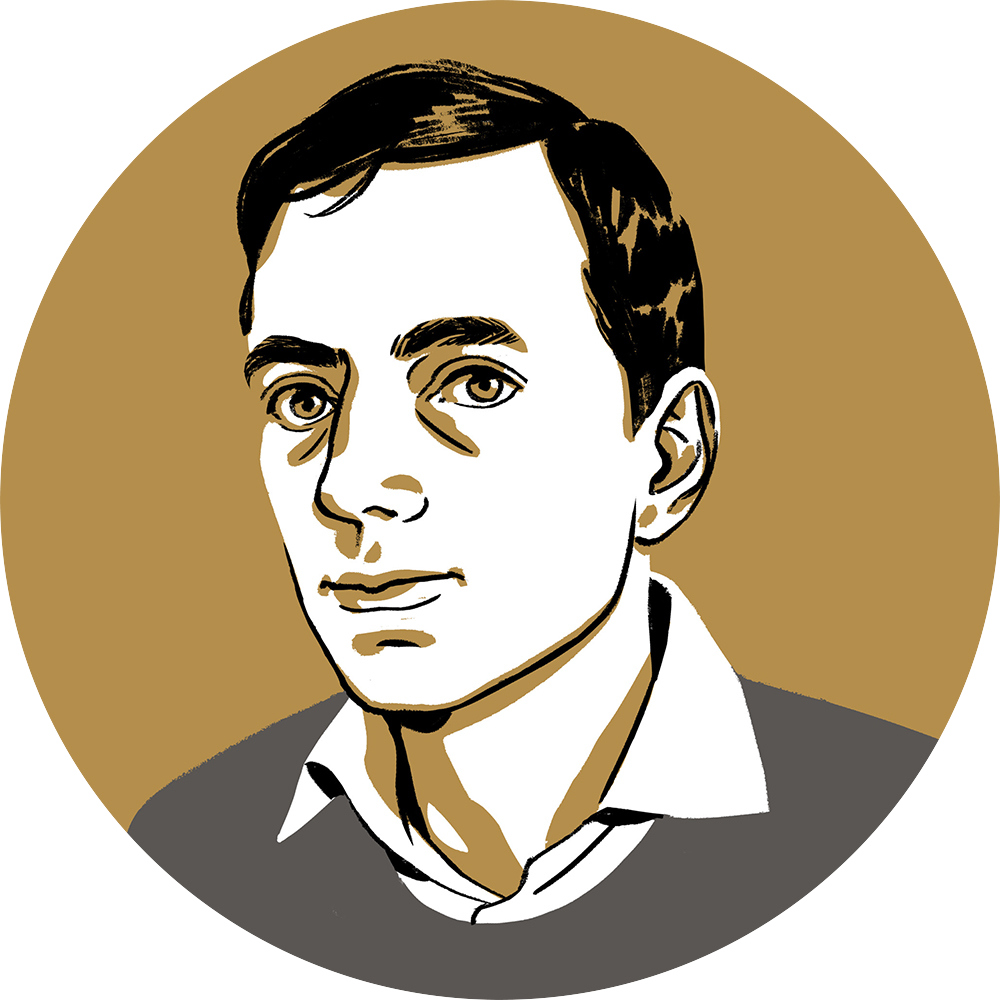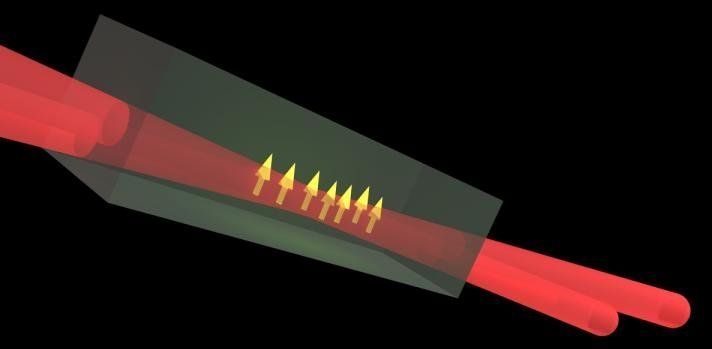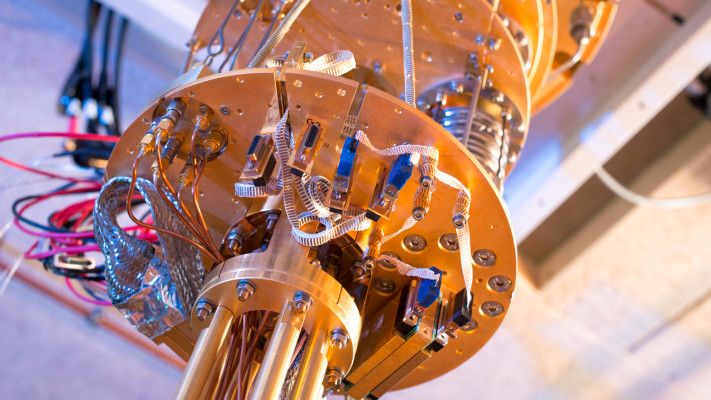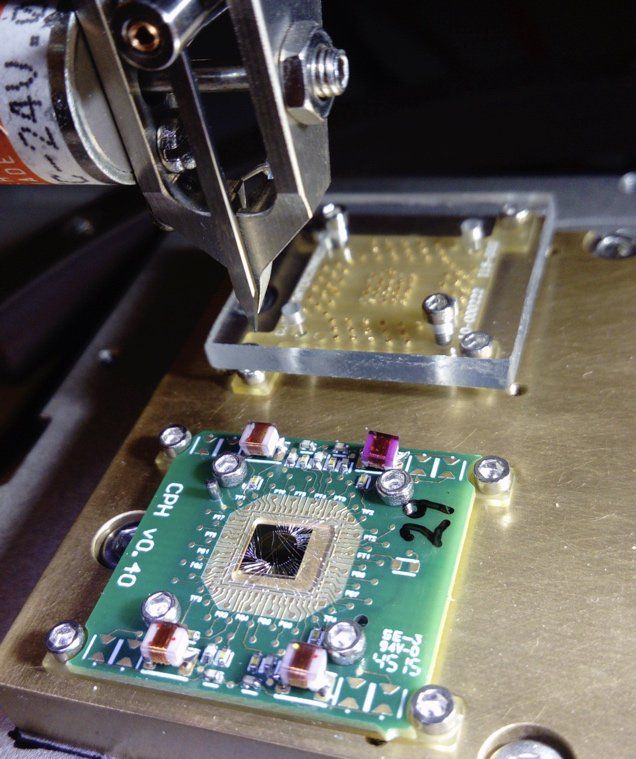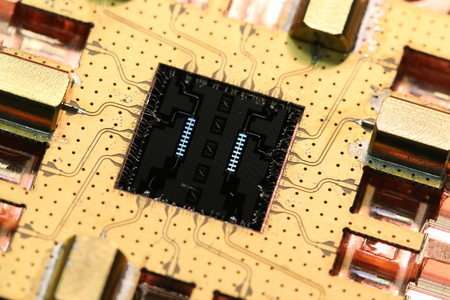Oct 5, 2018
Intel plots a weird, spooky future in quantum computing
Posted by Genevieve Klien in categories: computing, particle physics, quantum physics, space
There, engineers are doing something strange. They’re freezing computer chips to 460 degrees Fahrenheit below zero, colder than deep space, to simulate the quantum structure of the universe.
At such extreme temperatures these remarkable chips, called qubits, enable scientists to peer into the complex, uncertain interaction of particles at the atomic level — an unseen world in which seemingly contradictory results can exist simultaneously, a place where simply observing an interaction can change it. Or wreck it altogether.
“Quantum — it’s something weird,” said Mike Mayberry, Intel’s chief technology officer and general manager of Intel Labs.
Continue reading “Intel plots a weird, spooky future in quantum computing” »
